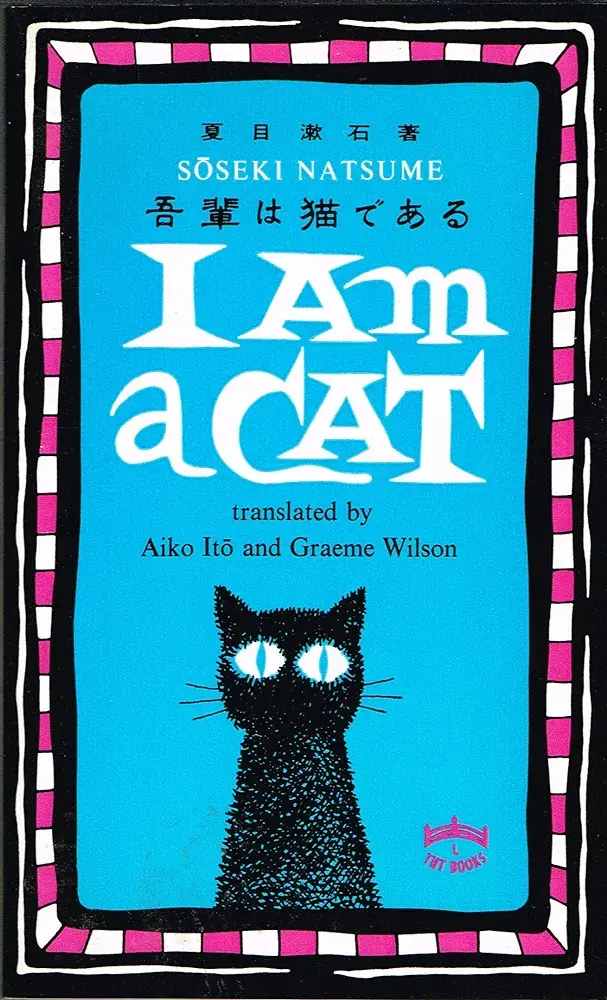Might as well not use TypeScript
Just as irritating as seeing people use linters only to have a lot of files with @ts-ignore all over the place… Like why even bother?
oh you’ve got a private variable that I want to use? No worries, (foo as any)[‘secret’].
using
anyis actually much worse than using TS, because you’re basically telling the compiler “don’t help me here”… at least with JS the IDE is gonna help you… :/That’s the joke
tbh I don’t remember why I’m using TypeScript
Cause otherwise it’s plain JS :/
It’s a good way to get started, and then incrementally type as much as you can, preferably everything.
Later on, or if you start a new project with TypeScript, it’s a good idea to turn on
noImplicitAnyand only allow explicitanyin very specific framework level code, unit tests or if you interface with an untyped framework.The hassle really pays off later.
this is terrible advise - you should be using
unknown. usinganyyou’re basically disabling TS and will be under the false assumption that your code is ok while it’s most likely missing a lot of runtime checksBut if your code ever integrates with javascript you still need any everywhere so it’s pretty pointless
Not true, in the absolute worst case,
unknownis what you should be reaching for, but it’s pretty rare that you can’t create some kind of type to interface with JS if it’s not already got types. You can even use jsdoc comments as type hints in the JS too if you own that code.My not particularly hot hot-take: There’s basically no legitimate use case for
anyapart from “I don’t have time to type all this now, because I’m converting a massive project from JS to TS”There are some cases where
anymust be used instead ofunknownbut they usually involve generic constraints and seem more like a bug than intended behaviorAh you’re right there, and I also agree, that feels more like a bug than by design
Not necessarily, depending on your situation you can type the JS code yourself.
If the team making the JS code were using jsdoc then the Typescript compiler can recognize the comments and use it for type checking.
In some instances the compiler can infer types from JS code to do some basic validation.
Even if the external JS code is recognized as
any, your own code that’s using it still has types, so it’s better than nothing.
an any
But it’s “a colon any” 🧐
I knew my any key would be useful one day.
Why not use assembly ?
Nah this isn’t the way, friend. Instead of adding a bunch of useless anys all over the place, start typing in one part of the application and exclude the rest using a path pattern. Or simply allow .js and only change the extension for files you’ve typed. Doing this is just wasting time and creating false assurances of type safety.
It’s not that hard to define correct, meaningful types. Often vscode already has implicitly determined them for you; just mouseover the variable.I wish I did that, at this point my TypeScript template errors are as long as C++'s ._.
deleted by creator
Ah yes, node, the JS runtime that very famously doesn’t ever get used with typescript
Typescript is a language, Node is a platform and framework. You can use Typescript in your Node project, they’re not mutually exclusive.
The way I see it Typescript is more popular than ever, almost all (popular) libraries come with types and every job offer I get they use Typescript.
And with good reason, our team recently took over a small Javascript app and there are tons of bugs that would never have existed if they were using Typescript. Things like they refactored something but missed to update a reference, or misspelled a variable name, failed to provide a required parameter to a funcrion, referenced a field that existed in another config object etc.
And thankfully we might be getting to a point where TS no longer needs to exist: https://github.com/tc39/proposal-type-annotations
It’s about time JS gave us the ability to be strict on types, and have that as part of the interpreter as opposed to needing to transpile TS with the overhead involved
deleted by creator







